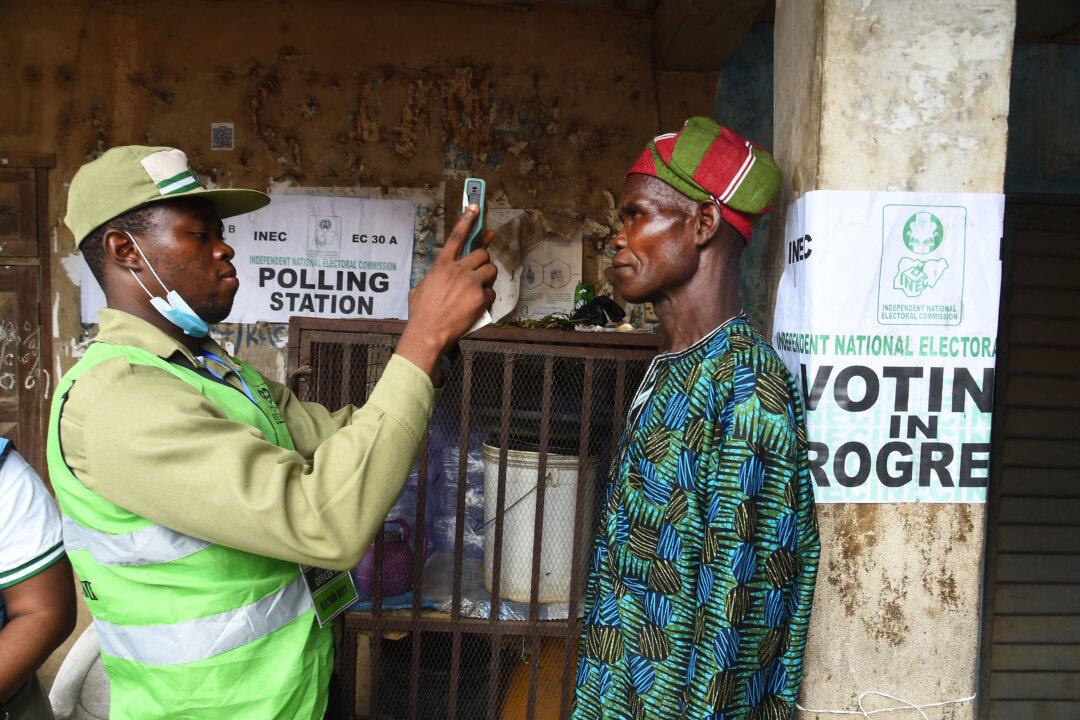Commentary
Elections, even in small nation-states, can have global consequences, and three national elections, at least in 2023, will have significant strategic ramifications beyond their borders: those in Nigeria, Turkey, and New Zealand.

Elections, even in small nation-states, can have global consequences, and three national elections, at least in 2023, will have significant strategic ramifications beyond their borders: those in Nigeria, Turkey, and New Zealand.